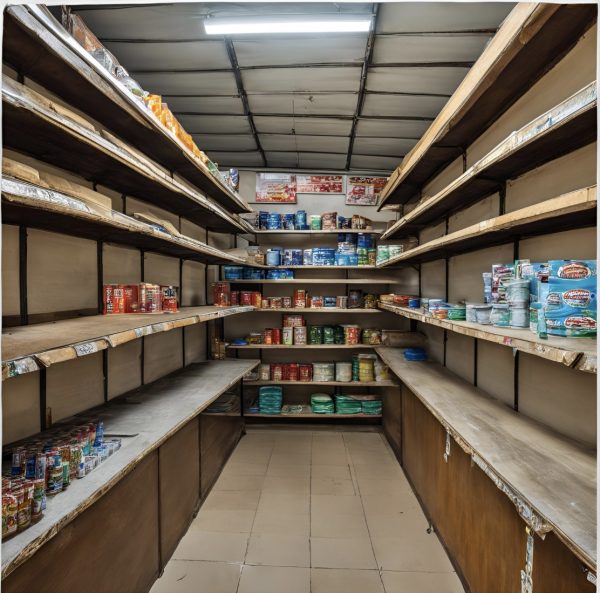According to the report, the inventory of unsold finished products surged by over 357 percent, reaching N1.24 trillion in the first half of 2024. Experts attribute this increase to declining consumer purchasing power, worsened by escalating inflation, subsidy removal, and the devaluation of the naira. MAN also highlighted that the rising cost of electricity due to a more than 200 percent increase in electricity tariffs has added further strain on manufacturers. Power outages, along with the need for expensive alternative energy sources, have raised operational costs significantly.
The report also noted that manufacturers spent a whopping N238.31 billion on alternative power in H1 2024, a 7.69 percent increase from the previous half-year. This reflects the growing challenges businesses face in a tough economic environment. Despite these struggles, MAN reported a slight increase in the manufacturing sector’s capacity utilization, indicating some recovery in certain areas.
Government acknowledges strain on Nigerians
While businesses are feeling the weight of economic hardship, the Nigerian government has acknowledged the difficulties faced by citizens and businesses alike. On Monday, President Bola Tinubu and Lagos State Governor Babajide Sanwo-Olu admitted that Nigerians are going through tough times but assured that solutions are on the way.
At an event in Lagos, President Tinubu, represented by the Secretary to the Government of the Federation, Senator George Akume, addressed the nation’s economic struggles. Tinubu stated that while the country faces significant challenges, the government is on the right track and working towards long-term solutions. “Solutions to complex problems cannot be as instant as coffee, but we are on the right path,” he said.
Governor Sanwo-Olu echoed similar sentiments, urging Nigerians to keep faith in the government. “It’s tough times, but we are tough men,” he said, emphasizing that they are working hard to lead the country out of the current crisis. Both leaders acknowledged the hardships but also conveyed hope for the future.
Economic hardship impact on employment and investment
The economic hardship is not just affecting production and operations, but also employment in Nigeria. MAN’s report noted that some sectors have seen a reduction in production values and employment levels, highlighting the adverse effects of the economic environment. The high cost of doing business, along with declining consumer demand, has led to reduced profits and layoffs in some industries.
However, there were some positive developments in the manufacturing sector. Despite the challenges, investment in the sector rose to N250.13 billion in H1 2024, a 29.63 percent year-on-year increase. This was largely due to the depreciation of the naira, which inflated the cost of importing machinery and essential assets for production.
The increase in investment, though positive, is not enough to offset the broader economic hardship faced by businesses and citizens. MAN’s Director General, Segun Ajayi-Kadir, stressed the need for urgent economic reforms to address these issues and improve the overall business climate. He called for decisive actions to reduce the burden on manufacturers and stimulate demand within the sector.
Government pledges
As businesses struggle to navigate these challenging times, the government has promised to implement reforms that will address key economic issues. President Tinubu emphasized the importance of long-term solutions and reassured the public that the government was working on plans to ease the economic hardship.
Governor Sanwo-Olu also called for prayers, acknowledging that public service is particularly challenging during such times. “We need all your prayers. It’s tough times, but we are tough men,” he said. Sanwo-Olu recognized the difficulties faced by public servants, urging Nigerians to support the leadership in overcoming the crisis.

Leave feedback about this